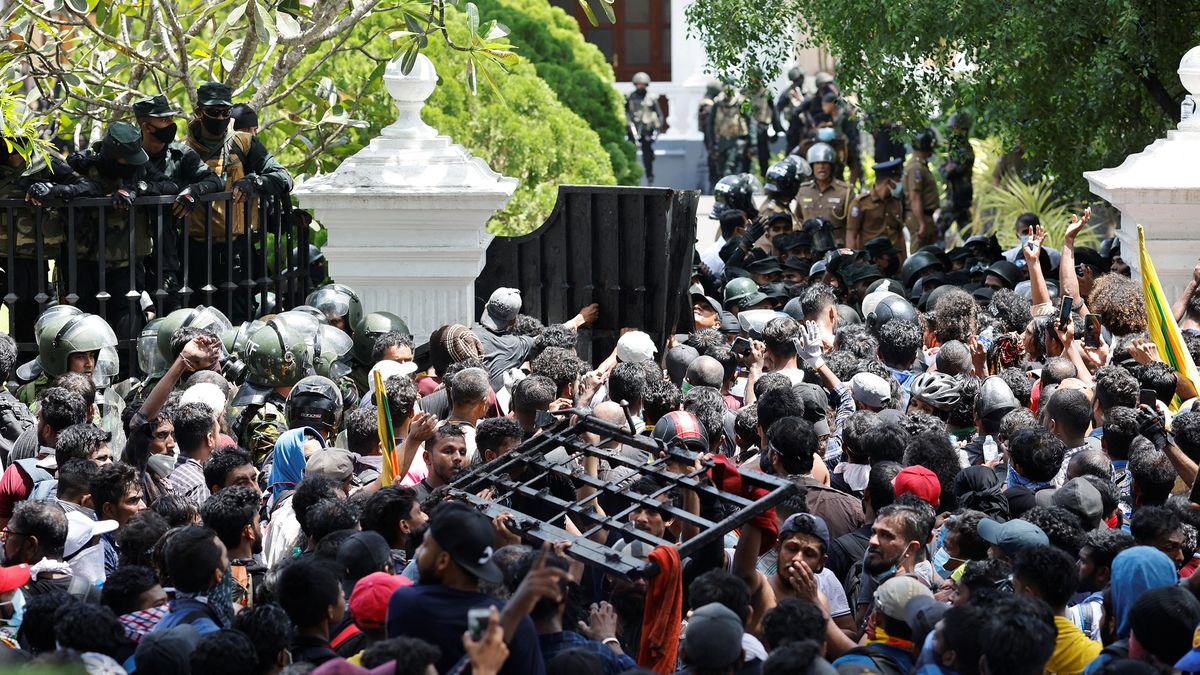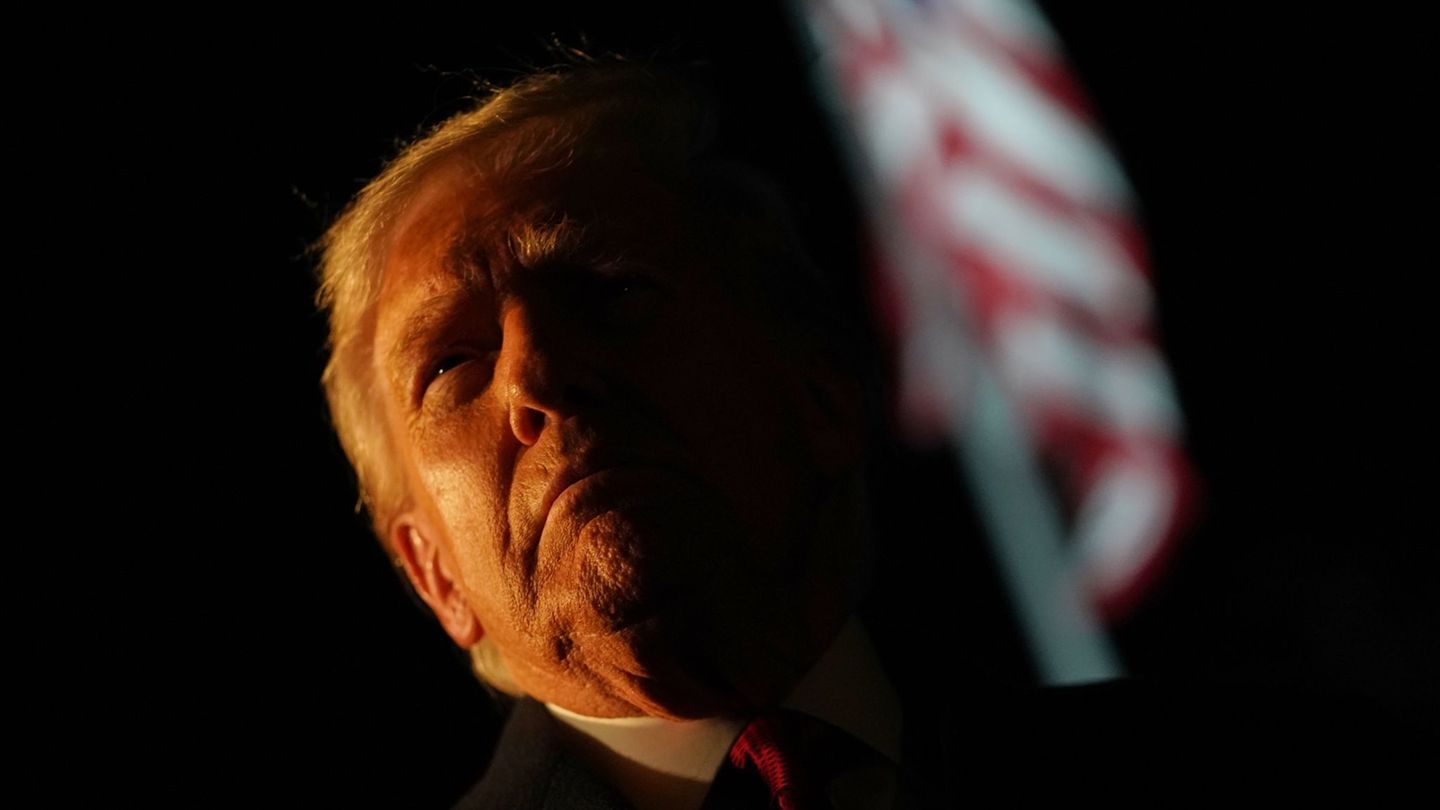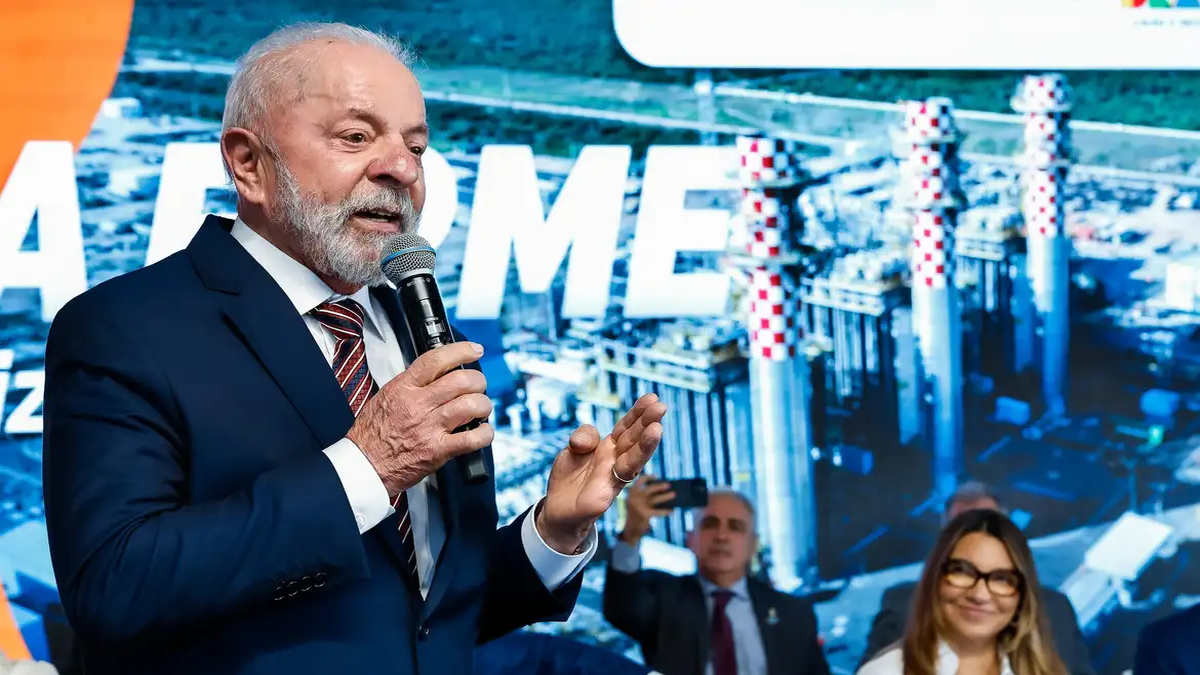Even the staunchest allies of the president were moving away from him as he worsened. shortages of food, electricity, fuel and medicine. Popular discontent erupted on July 9, when hundreds of protesters stormed the residence of Rajapaksa, who fled to a marine base before leaving the country.
Gotabaya Rajapaksa was nicknamed the “Terminator” for crushing the Tamil rebellion when he was defense minister under his older brother Mahinda Rajapaksa from 2005 to 2015. He was appreciated by the Buddhist majority, but loathed by the Tamil and Muslim minorities. The population united against Rajapaksa when inflation exceeded 50% and four out of five people were forced to skip meals due to food shortages.
Sri Lanka’s constitution provides for the prime minister to take over as interim president until a new head of state is appointed within a month. Wickremesinghe, 73, has led the country since Rajapaksa formally resigned on July 14, two years and seven months into his five-year term. Parliament must now meet to appoint a new president to complete the mandate started by Rajapaksa. The meeting will take place on Wednesday.
Interim President Ranil Wickremesinghe, a pro-Western who served as prime minister six times, is the heavy favourite. He has the support of the SLPP, Gotabaya Rajapaksa’s party, which enjoys a relative majority in parliament. However, nothing is certain, since the vote of the deputies is secret. In the past, some have been accused of having sold their votes.
Another strong candidate is former Media Minister Dullas Alahapperuma, 63, a dissident from the SLPP. Also, the main opposition leader, Sajith Premadasa, 55, announced his candidacy on Friday night. Former army chief Sarath Fonseka, 71, a declared enemy of the Rajapaksa family, could also try his luck.
All political parties in Sri Lanka support the ongoing negotiations with the International Monetary Fund (IMF) for a rescue package. The country, whose economy completely melted, defaulted on its $51bn foreign debt in mid-April. The IMF said on Thursday it hoped the crisis would be resolved quickly so it could resume negotiations, interrupted by the events.
But the adoption of a rescue plan is likely to be complicated by divisions in parliament, where no party has a clear majority. And the country no longer has the resources to hold even new parliamentary elections in the short term.
Source: Ambito
David William is a talented author who has made a name for himself in the world of writing. He is a professional author who writes on a wide range of topics, from general interest to opinion news. David is currently working as a writer at 24 hours worlds where he brings his unique perspective and in-depth research to his articles, making them both informative and engaging.




